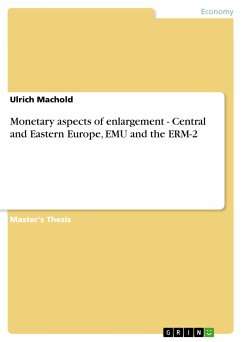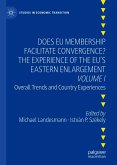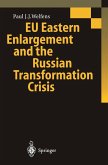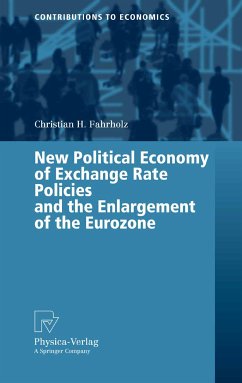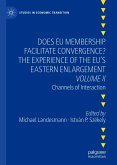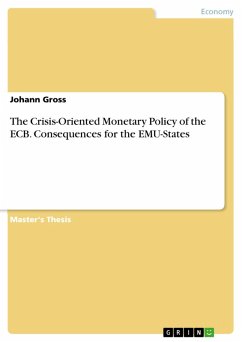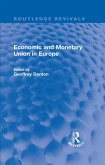Master's Thesis from the year 2002 in the subject Economics - Monetary theory and policy, grade: 1.0 (A), Technical University of Berlin (-), language: English, abstract: A rough 50 years after its foundation, the European Union (EU) is preparing for the probably most ambitious challenge of its existence, the binding-back into the West of the once centrally-planned economies of Central and Eastern Europe (CEEC). Together with political and general economic efforts, European monetary integration also gains speed with as many as twelve CEEC queuing up for entry into the EU (not including Turkey, which has not yet officially begun entry negotiations), the first of them most likely joining the Union already two years after the physical introduction of the single currency, i.e. in 2004. Many of these countries are eager to also join Monetary Union (EMU) and show their ability to be 'good Europeans' by adopting the Euro as soon as possible. Various statements by both CEEC-government officials and monetary authorities exemplify this very vividly. This implies that the enlargement of EMU is already a relevant issue. By the time it becomes acute, positions and perspectives of both applicants and current members should be clear, if unnecessary delays and political irritations are to be avoided. The body of literature on the subject is thus as large as the questions of when, how and on what terms CEEC-accession will take place are pressing, and becoming more so as time progresses. This study attempts to coherently examine the core issues related to EMU-enlargement, equally synthesising the various segmented approaches of the academic debate, and deduce normative conclusions as to what strategic outlook should seem appropriate to both CEEC and the current EMU-12: In what timeframe should accession most sensibly take place? How appropriate are the mechanics leading up to EMU, most prominently the Exchange Rate Mechanism (ERM-II) and the Maastricht criteria, and how should they be dealt with? What are the most likely problem areas and deficits that need to be confronted? Since there appears to exist a more or less stable consensus regarding the basic desirability of EMU for the CEEC, the paper will concentrate more on the run-up to full EMU, equally the road to the euro, and place special emphasis on the CEEC's attitude towards the ERM-II.
Dieser Download kann aus rechtlichen Gründen nur mit Rechnungsadresse in A, B, BG, CY, CZ, D, DK, EW, E, FIN, F, GR, HR, H, IRL, I, LT, L, LR, M, NL, PL, P, R, S, SLO, SK ausgeliefert werden.

